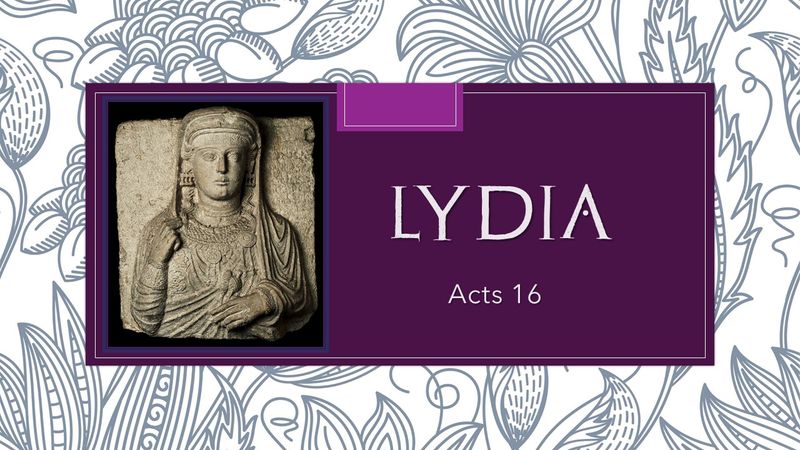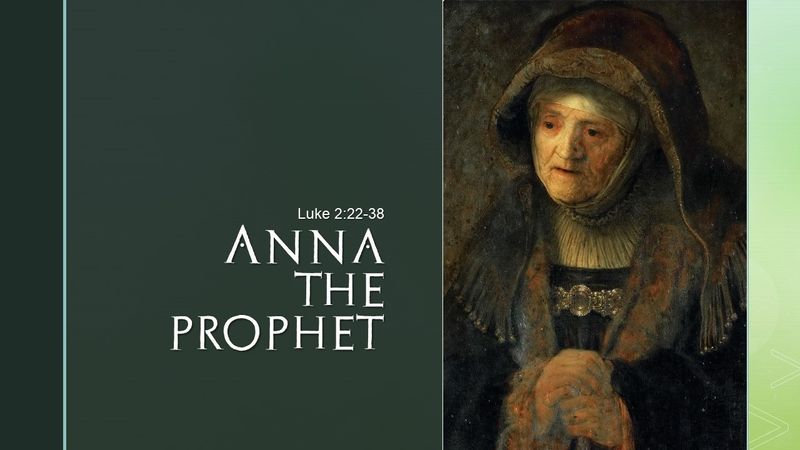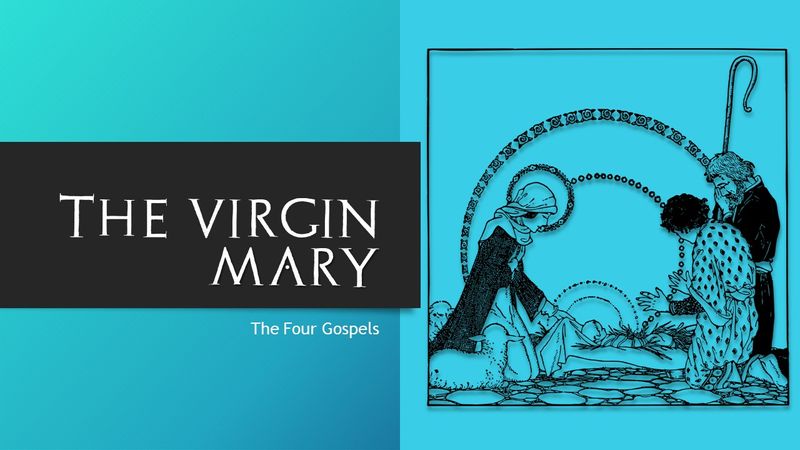Here’s the post that started our conversation, “Is the Bible Trustworthy?”
Gabriel and I represent two different streams of theological thought on the veracity of the scriptures. Gabriel did a great job in making these two streams of thought accessible, autobiographical and biographical. Whereas Gabriel would lean towards biographical, I lean towards autobiographical. Both of us agree the scriptures are inspired, both of us agree the scriptures were written by those who knew God.
So, I wrote a response to Gabriel’s thoughts, “Why Should I Trust The Bible?”
I see inspiration as the Holy Spirit active within the person writing. The person can only write from what they otherwise know, of course. A Stone Age author cannot speak of iron utensils, though the Spirit may give a vision of such. The best the Stone Age person might be able to do is use images and metaphors from their culture to try to describe the strange thing revealed to them. There, I think, Gabriel and I will agree. Where we might not agree, however, is in the accuracy of representation, however limited by current culture and language.
So, inspired, believing, but…either accurate or not accurate.
It’s been a deeply enjoyable conversation, Gabriel is gracious and gentle in his ways, very well-read, with a quick intellectual acumen and deeply spiritual sensitivity. He has a wonderful mind, and I believe Spirit-filled, bringing in a warmth and largesse often sadly lacking in the blogosphere. So, I looked forward to Gabriel’s latest contribution, “Continuing the Conversation” in which he has brought several pithy topics, so I’d like to respond one topic at a time. Today’s response will focus on Exodus/Ezekiel.
Gabriel brought up an example which has intrigued me for years (since I first read it, actually, at nine yeras old)—here are the passages laid side-by-side:
I the Lord your God am a jealous God, punishing children for the iniquity of parents, to the third and the fourth generation of those who reject me
The word of the Lord came to me: What do you mean by repeating this proverb concerning the land of Israel, “The parents have eaten sour grapes, and the children’s teeth are set on edge”? As I live, says the Lord God, this proverb shall no more be used by you in Israel. Know that all lives are mine; the life of the parent as well as the life of the child is mine: it is only the person who sins that shall die.
From our 21st Century, Western Hemisphere, Hellenized culture and education, linear thinking, fact-based logical standpoint, there seems to be an inherent fallacy here. Either God does, or does not, punish the children for the parent’s sins. Can’t have it both ways.
I do accept the dilemma as distressing. It does seem to point to inaccuracy, and even seems to be contradictory, lending some strength to the biographical, subjectively written view of scripture.
But, what if we spread out a little bit, into the context of the passages? Can we retain a more autobiographical view of scripture? What if we read back a few verses, let’s say, in Exodus 20?
Then, we discover God is talking about something very specific: the worship and reverencing of God, over and above anything/one else. If we read forward one more verse, to verse 6? We find something strange, a promise to show steadfast love to the thousandth generation of those who love God and keep His commandments.
Trying to parse this out in a real family becomes challenging! If I love God, and follow His commandments, then He promises to show steadfast love to a thousand of my generations. But, what if my children do not love God, nor follow His commandments? Which vow will God now keep? The vow of verse 5? Or the vow of verse 6? So, there must be more going on here than contractual clauses in a covenant, even with an Biographical view.
To begin with, let’s lay the groundwork of the context.
Idols
A probable reading of this passage views idolatry as the central dysfunction of a humanist worldview. That would include, I’ll posit, anything we turn to give our lives meaning and purpose, joy and satisfaction, or even escape, that edges God out from the center. If paired with Paul’s explanation in Romans 1, then worshiping any other god than God results in futile thinking and senseless, darkened minds, claiming to be wise, but becoming fools. What kind of person would that be like? What would their home and family be like?
Jealous God
The word is qanna’ and when used of God means God’s protective love of His people.
Punishing children for the iniquity of parents
This phrase is a bit trickier. What is actually being said here is that God will “visit” the “iniquity” of the “fathers” upon the “children.” That is a little different than what “punishing” might convey.
Iniquity: The word is `avon [from Strong’s], perversity, depravity, iniquity, guilt, or punishment or consequence of/for iniquity
Fathers: The word is ‘ab [from Strong’s], father of an individual, of God as father of his people, head or founder of a household, group, family, or clan, ancestor, grandfather, forefathers — of person of people, originator or patron of a class, profession, or art, of producer, generator (fig.), of benevolence and protection (fig.), term of respect and honour, ruler or chief (spec.)
Children: The word is ben [from Strong’s], a son (as a builder of the family name), in the widest sense (of literal and figurative relationship, including grandson, subject, nation, quality or condition, etc., (like father or brother), etc.)
the thousandth generation
Again, this one is a bit tricky. The word is ‘eleph and it means a thousand as a numeral (to thousands), or as a company, such as a company of soldiers under one leader. It’s nice symmetry to say “third and fourth generation” and then to say “the thousandth generation,” but it might not mean exactly that.
I’ve underlined the meanings I have long held are intended for this text, and put together, I hear God saying,
- “Do not look to anything else for your sense of meaning and purpose, for your sense of belonging, for your source of wisdom, truth, love, joy, satisfaction, or to meet your (felt and true) needs. This is idolatry, a dysfunction so profound that I will cause the consequences of it to be experienced in your whole household, every generation living there.”
To a head of household, this meant the corrupting not just of their own natures, but that of their lineage, from child to grandchild to great grandchild, all living within their compound, and under their leadership.
- “If you look to Me for your source for all these things, I will amply supply through my steadfast love to all in your company, however many are in your household. (A thousand being a symbolically large number.)
To a head of household, this meant the experience of God’s steadfast love to every person, even beyond the family, to the servants and others coming within the breadth and reach of their household.
You and I experience to this day the consequences of our parents’ decisions. Addictions, alcoholism, financial decisions, where to live, what schools were chosen, family traditions, a sense of right and wrong, the list goes on and on. Those have a generational affect, for good or ill. I can well imagine how the saying God took issue with through Ezekiel came into being!
Because, it seems an untruth had seeped into the truth of what God unveiled in Exodus 20. The untruth, apparently, extrapolated God’s statement to mean that children had to pay for what their parents did, perhaps even with their lives. God cleared this up by stating in the strongest and most exhaustive terms that each person will be judged on their own merits alone, not on the merits of their parents (or anyone else).
The way I see it, there is no contradiction between these passages. Both accurately and consistently reflect the heart of God while at the same time illustrate how easy it is to misunderstand scripture, or take it to places it was never meant to go.
[Crying Girl, Pixabay]




